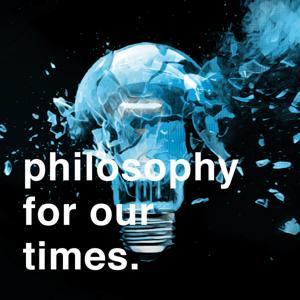
Sign up to save your podcasts
Or



By Peter Adamson





4.7
15831,583 ratings



The podcast currently has 538 episodes available.










The podcast currently has 538 episodes available.

15,267 Listeners

2,113 Listeners

5,525 Listeners

4,312 Listeners

875 Listeners

747 Listeners

284 Listeners

267 Listeners

1,486 Listeners

1,543 Listeners

317 Listeners

510 Listeners

474 Listeners

202 Listeners

287 Listeners

355 Listeners